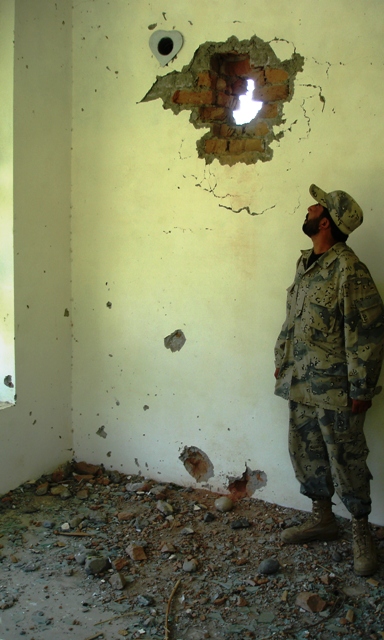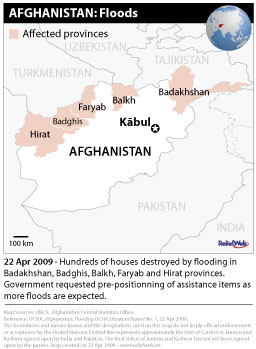One organisation went to the trouble of paying for my travel to an interview. Where they made the mistake of asking me something about participation. This happened to be around the time of my post-grad exams, so I’d been busy brushing up on my theory, critiquing all of the development industry’s most beloved buzzwords. ‘Participation? Well its basically a crook of shit, isn’t it?’ was my considered response. (Didn’t get it.)
A time before that I was asked by a very nice table of people ‘How would your friends describe you?’ Ye gods, I mean come on, where do they get these from? An on-line dating agency? ‘Well, they’d probably say I’m a bit of a grumpy old git, downright unsociable in fact. Not much of conversationalist, not much to look at neither. Those weren’t their exact words but its what they was getting at the other night. Fact is, that’s why I’m applying for this job in Somalia…’
As I recall, I was actually stupid enough to say something along the lines of ‘Well it would depend who you asked I guess…’ I don’t recall how I finished my no doubt rambling response, but I like to think it was along the lines of ’cause I owe Dan fifty quid and I think he’s pretty pissed off, but then I’m fairly sure Lucy’s sweet on me so I reckon she’d put in a good word.’ (Didn’t get it.)
That was in the days before I realised they did actually have a book of these stupid questions that they’d just ask you at random, which meant it wasn’t a bad idea to practice a few set pieces beforehand (‘My colleagues would describe me as honest, reliable, enthusiastic and, err, what was that other adjective you used in the person specification?’)
Then last year I was back from abroad and applying for a job at home in an organisation’s headquarters. Where, after the interview, I had to do a test, plonked down at a desk in the middle of a large open-plan office. Mosquitoes, noisy generators, freezing cold, bombs going off outside, snipers: these are the kinds of distractions I’m used to at work. I’m not open-plan office trained. Instead of doing something to a logframe as I should’ve done, I spent the entire time reading the cards and post-it notes on whoevers desk it was I was borrowing, peaking over the partition at the soulless room around me and the woman discreetly tapping away on Facebook. (Didn’t get it, and went back to Afghanistan.)
Praise be for telephone interviews, which tend to be more common in the humanitarian field with people working all over the shop. For then you get to have a copy of the job description in front of you, look things up on the internet as you go along and write down all your clever answers beforehand. These you just read out while sipping your cocktail by the side of the pool or scratching your arse in bed, which is obviously a much more civilised way of doing things. (Got those ones.)


